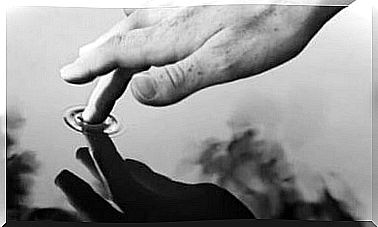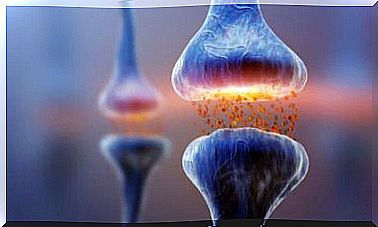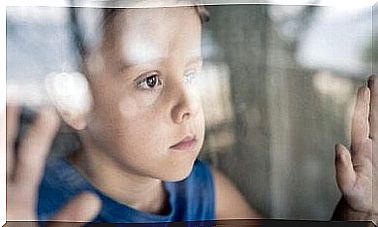Critical Thinking: Does The Internet Weaken It?
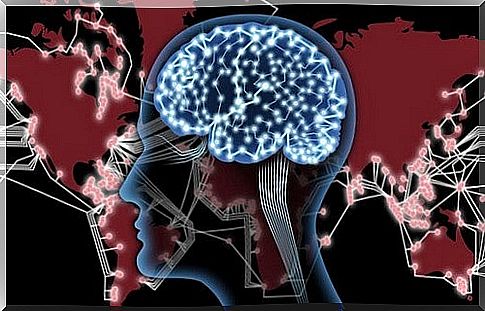
It is confirmed: continued use of the internet diminishes our critical thinking. This is not a feared hypothesis, but a conclusion that emerges from the analyzes. The network operates within logics which, of course, have consequences.
The critical thinking , in this case, corresponds to the right to evaluate, weigh the information according to our criteria. It allows to establish its validity, relevance. Apparently, some aspects of the internet would not help develop this skill, on the contrary they would weaken it.
How does this happen? Many functions, services or spaces on the web, from search engines to social networks, work with algorithms. The principle would be to “meet” the interests and preferences of the user. Over time, however, they end up limiting the experiences of web surfers. It follows the weakening of critical thinking. There are three main ways the internet does this.
3 ways the internet weakens critical thinking
1. The information found on the internet confirms our views
When we search for a word on the internet, the search engine activates a series of parameters based on the information it has previously collected about us. In this way, the first sites to appear in the list are those that we visit most often or that contain information that is usually consulted.
It goes without saying that an important amount of material remains outside the research.
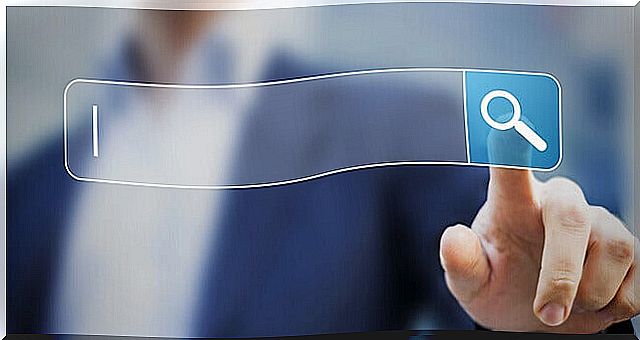
Something similar happens in social networks. As soon as we enter, we will see in the foreground the posts of people with whom we usually interact and who, in principle, think in a similar way to us. Without realizing it, our circle has already shrunk considerably.
Algorithms imperceptibly catapult us into an ideological world that confirms our opinions. They avoid putting us in contact with information and ideas that conflict with ours, giving us a limited idea of the surrounding reality.
We are convinced that we know reality without realizing that they are encouraging us to see only a slice of it.This is the first reason why the Internet reduces our critical thinking.
2. The Internet encourages narcissism and diminishes critical thinking
Social networks have created a new kind of addiction, that of likes. We do not do it consciously, but every time we post, in one way or another, we wait for the reactions of friends, the approval of what we have published. If no one does, we get frustrated and even come to doubt the validity of our thinking.
Science says likes activate dopamine secretion and act as reward mechanisms . They feel good because they imply community acceptance. This can become a problem when such addiction shapes our ideas or words, without us realizing it.
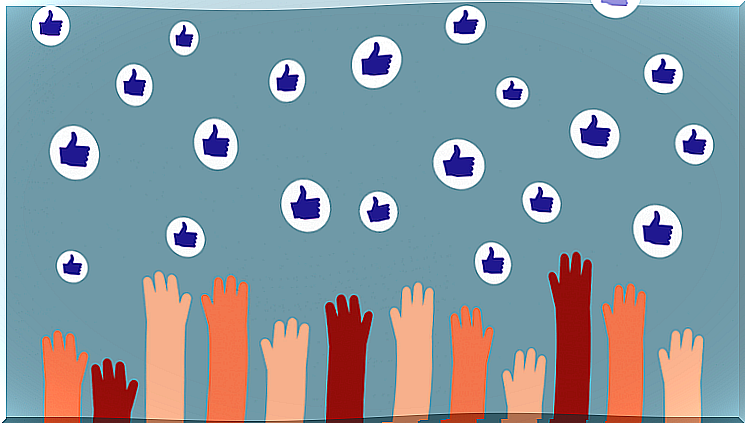
Another way the internet diminishes our critical thinking is just this: by converting our ego into a social consumer product and constantly seeking approval. Disagreement can mean leaving a group, facing rejection or criticism. Fear of the consequences can powerfully affect our thinking.
3. Encourage irrelevant social relationships
There are different ways to interact online: social networks, but also forums, chats, etc. The web gives us the false feeling of not being alone, in a conversation that seems to have neither head nor tail. This interminable dialogue revolves around topics that become “common”. Whether we like them or not, these topics must be talked about.
Gradually, the internet makes physical contact superfluous. Online interactions always involve the same posture: seated and in front of a screen. Both situations have an effect on the body and brain.
Movement stimulates intelligence, physical contact increases the ability to feel empathy, exchange and affection.

The Internet induces us to adapt, voluntarily and docilely, to new ways of relating to others, moving away from the direct experience of real life. The risk is to begin to see the world through a narrow and limited frame: the screen of our computer.



